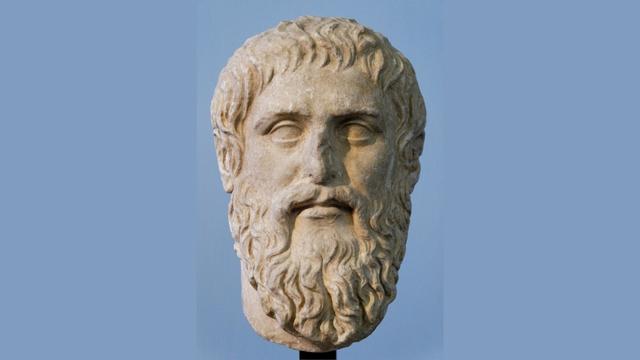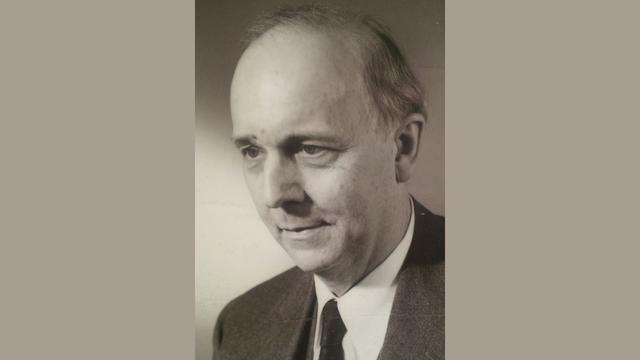Human rights activists should be educated to the ideal of civilization that the Greek concept of “paideia” conveyed. It will also help them to understand the Tai Ji Men case.
by Marco Respinti*
*Conclusions of the webinar “Educating Human Rights Activists to Understand the Tai Ji Men Case,” co-organized by CESNUR and Human Rights Without Frontiers on January 28, 2023, after the International Day of Education (January 24).

The papers presented by the scholars and the testimonies given by Tai Ji Men dizi (disciples) at our webinar today reminded me of the ancient Greek concept of “paideia” (παιδεία), studied in depth in modern times by German-American classicist Werner Wilhelm Jaeger (1888–1961).
Normally, “paideia” is translated with “education,” but it is much more than that. It is the inner, intimate meaning of “education” itself. For sure, ancient Greeks and ancient schools of Greek thought debated much on its true meaning, but this grand philosophical discussion achieved its goal by offering, at the end, a very strong and deep formulation of the concept.
Before daring to express it, let me remind a common mistake that almost all today do, be they scholars, politicians, media professionals, average people, and unfortunately even educators. The error is to confuse “instruction” with “education.” In fact, instruction consists in passing valuable notions, information, and even skills from a teacher onto a disciple or student, while education is about the formation of a person.
Probably in ancient Greece “paideia” started as “instruction,” but ended up as “education.” Briefly, it came to represent an ideal: the perfection human beings should tend to.
Education is not the idea of adding to persons something they do not possess. It is not writing anew on an empty blackboard. It is regaining the consciousness of something that was lost by recalling it to memory. Even better: it is finding what is valuable but is deeply buried within us, and bring it to the surface.
The term “education” comes in fact from the Latin language and means “to draw out.” A teacher helps students to draw out of themselves what it really matters for their human fulfillment. In this sense, education is parallel to philosophy, which according to Plato (428/427 or 424/423–348/347 BCE) consists in remembering what is valuable after our damaged memory has lost it.

The Greek philosopher Socrates (470/469–399 BCE), who was the master, teacher, and inspirer of Plato, as well as the main character in so many of Plato’s seminal dialogues, considered philosophy chiefly as an education to the truth and called it “maieutic,” which literally means “midwifery,” or the art to help a mother to deliver her child.
In fact, for Socrates philosophy is akin to education and is a process in which a student gives birth to an otherwise forgotten truth with the help of a teacher who acts in the role of obstetrician. It is not surprising that this philosophy valued the way of the dialogue most. In fact, the word “dialogue” indicates a direct relationship between two persons, in this case the teacher and the disciple.
As I said, paideia is an ideal to be reached, and that ideal is the fullness of the human person. Roman rhetoric phrased that ideal as “vir bonus dicendi peritus,” or “a good man and a good speaker.” It is less intellectualistic a notion than we might at first think. It means that education is to learn to cultivate the good in itself for the sake of one’s soul, and that the ability to speak in public is the power to argue, or to defend the truth, in a world of evil and sin.
Paideia is in sum an ideal of civilization, independent from how many material things one knows or is able to do. The civilization of the educated is in fact not a society of Einsteins who all know everything. It is a community of free people, whose freedom consists in the ability of reconnecting with their lost selves.
Paideia is then another name for the goal toward which Dr. Hong leads Tai Ji Men dizi—for the improvement of the whole world, not only for the sake of the Tai Ji Men movement.

In the field of human rights activism, let me just mention, as a very important example, the Guru Nanak Dev University in Amritsar, India, which I just visited. There, every single student has to take a course in human rights as part of the mandatory curriculum. This is done to help them to better understand human nature and better operate for the defense all human beings are entitled to.
In fact, human rights activists should be educated to the ideal of civilization that the Greek concept of paideia conveys, if they want to be seriously effective. They will then also be able to properly understand Tai Ji Men and the Tai Ji Men case. Perhaps they will not always obtain material freedom for the people they advocate for, but they will always help them to be truly free in their spirits. And this would be no mean achievement.
Source: Bitter Winter

